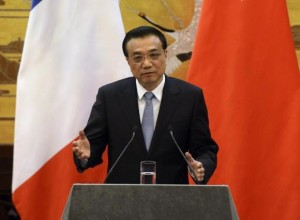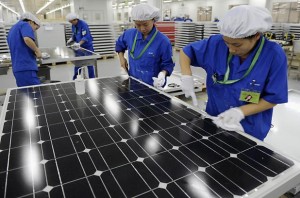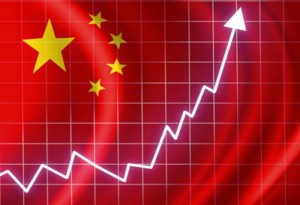Not only is pollution is shortening lives in the world’s most populous nation, but it is also an inescapable reminder of the trade-offs at the heart of China’s transition from a developing country into a prosperous, modern nation. While the Communist Party has been legitimized by the thriving economy, it now needs to balance the rush for economic growth against the threats to life and health.

Chinese Premier Li Keqiang gives an address during a news conference in the Great Hall of the People in Beijing December 6, 2013. Photo courtesy of Resuters/Mark Ralston
China’s premier, Li Keqiang, has declared “war on pollution,” saying that the country would tackle it with the same determination it has used to fight poverty in the past three decades. Spoken at the annual meeting of the National People’s Congress earlier this year in March, Li’s remarks reflect government recognition of public displeasure over pollution and its impact on people’s health. Garlic Liu, a college student in Beijing said in an in person interview (Liu is currently studying abroad in Columbia University) “I can’t go out everyday. I have to choose when to go out so I don’t make my asthma worse. All my friends do the same thing. We hang out not when it is convenient for us but when it’s convenient for the weather. We all have a pollution app on our phones to check when it’s a good day.”

